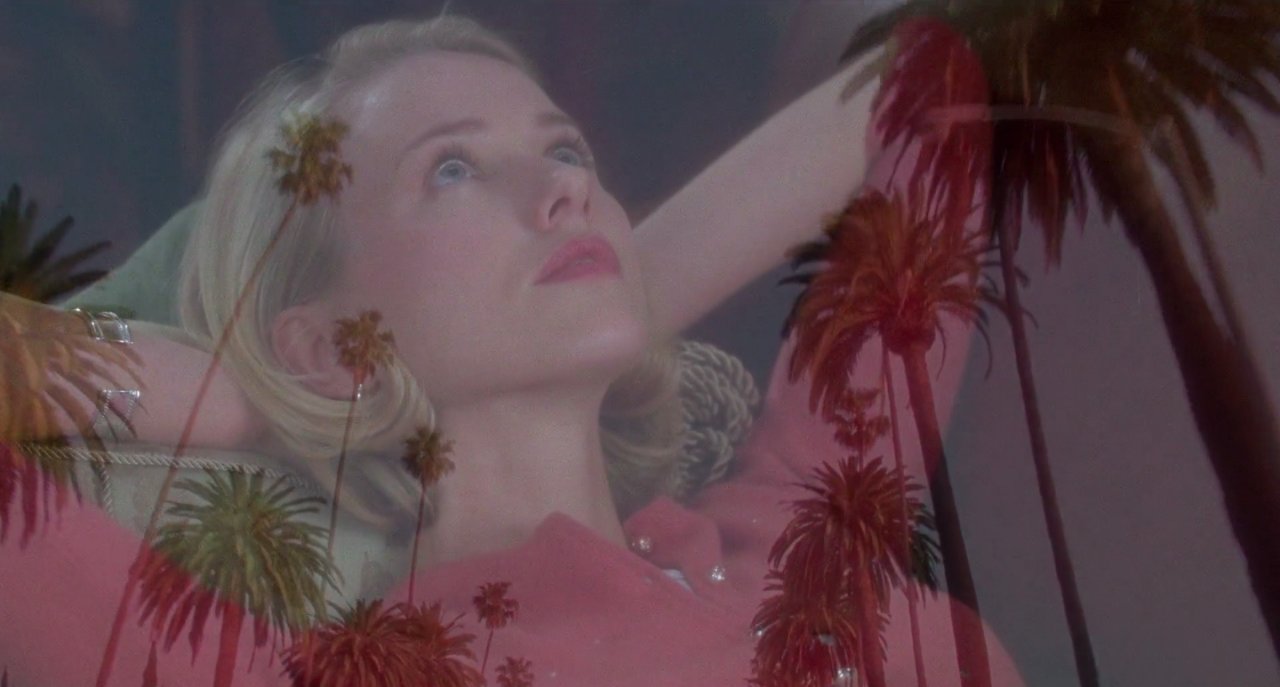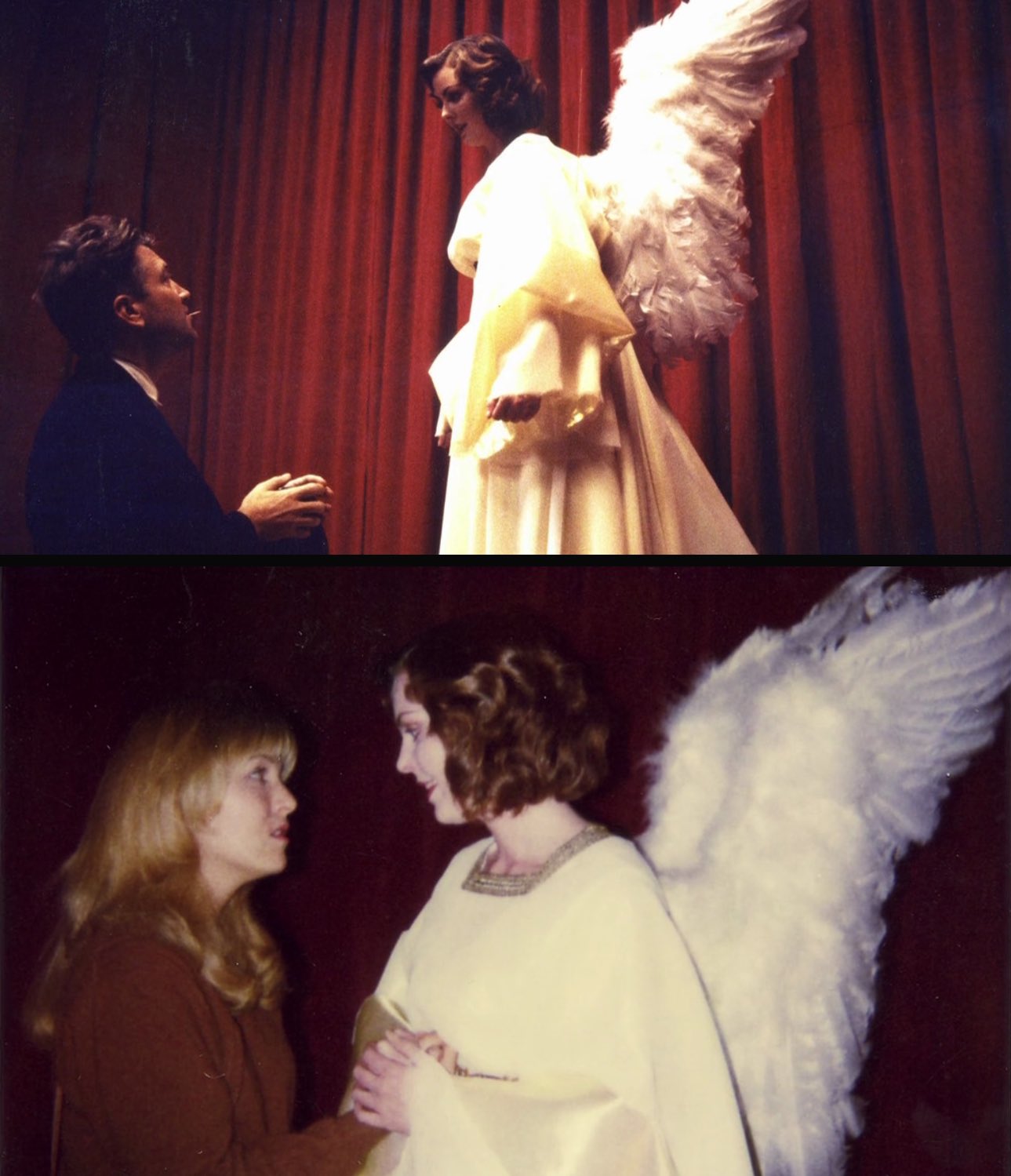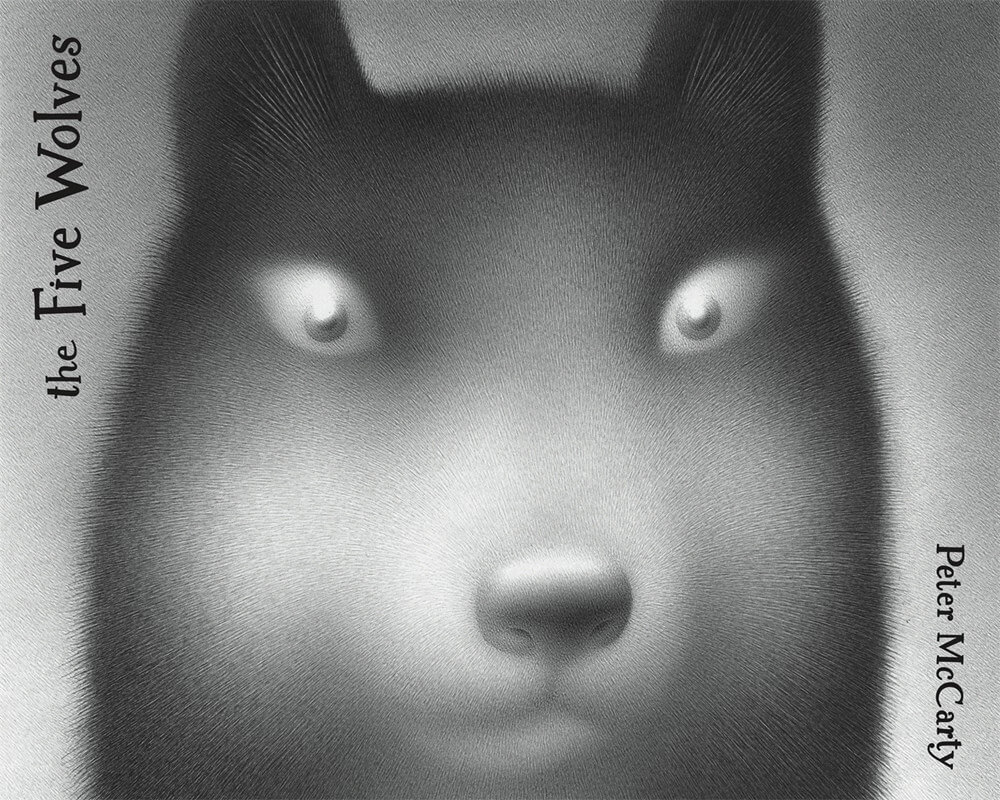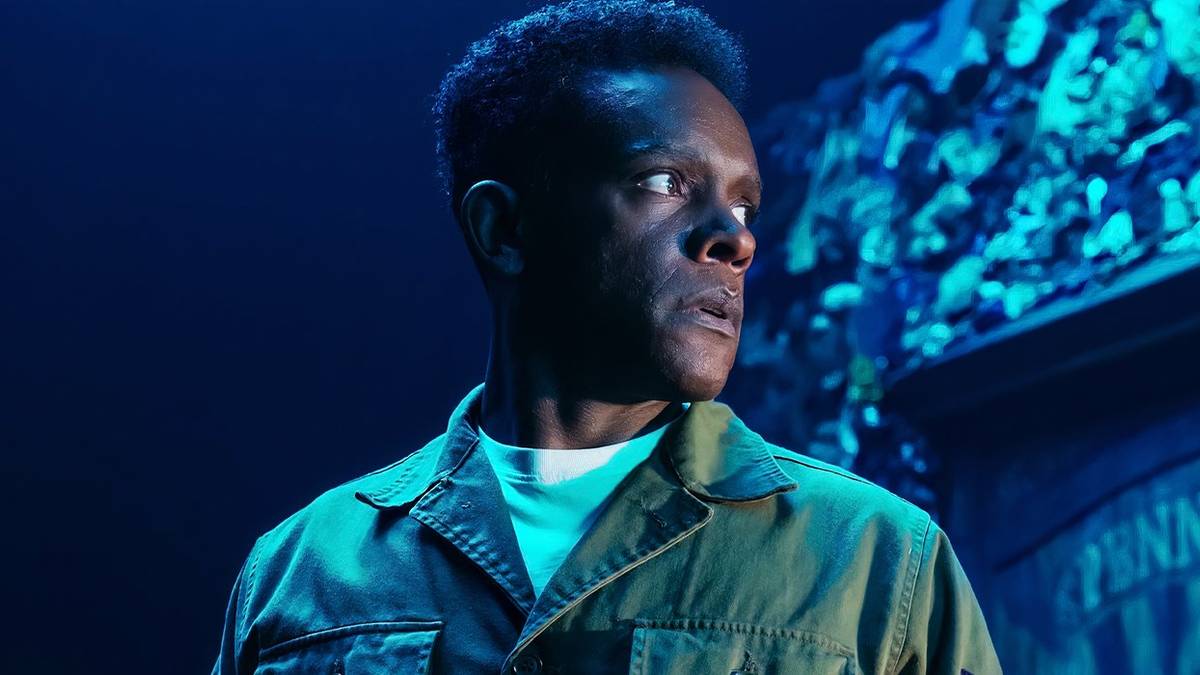David Lynch, the beloved director, musician, artist and actor, has died at the age of 78. As thousands grieve this loss around the world and honor the legendary filmmaker, we’ve all had to reconcile with the fact that there will never be another David Lynch. His work was so viscerally unique that countless artists of all forms claim inspiration from him, from film and television to comics and music.
Much of his work has gone on to be accredited as some of the most influential media in all of popular culture, including of course the legendary and beloved Twin Peaks. This article is not going to be a rehashing of thousands of other articles published this week, detailing his life or trying to explain his films. Instead, it is an exploration of how Lynch’s work made us, the collective audience of his films, feel seen through his vivid and intense portrayals of fear, anxiety and paranoia. Whilst his work goes beyond simple genre specifications, there’s little doubt much of David Lynch’s films are working within the horror genre. He’s inspired countless imitators in the field, and gone on to inspire basically the entire landscape of modern horror. So what is it about his portrayal of fear that connects with people so? How does someone create empathy through terror?
This post will contain spoilers for many of his films, as well as Twin Peaks. Be warned!


His most spiritual film, according to himself at least, David Lynch’s debut film Eraserhead is riddled with a profound anxiety at all times. Interpretations vary, but it’s generally agreed that anxiety about becoming a parent and committing to building a ‘life’ with your partner seem to be at the core of the film. The mutant baby is just about the most vivid way of portraying this fear – you are so scared of what your child will be like that it ends up a horrifying, misshapen entity. But this extends to every facet of the film, be it the consistent noisy and intrusive sound effects (perhaps standing in for the ‘interruption’ of life that can happen when you have a child) or the imagery of the girl in the radiator, whose beauty is contradicted with a pervasive sense of dread every time she appears. Sitting back and feeling out this film is basically the only way to make sense of it, as is the case with much of Lynch’s work, but I find that this film in particular is attempting to use unsettling imagery to channel a very real fear that most people will go through at some point in their life. You get older, and you start having to think about if you’ll have a family or not, and you worry about what that’ll be like. There is some comfort however, in the form of a girl in a radiator telling you ‘In heaven, everything is fine.’
David Lynch often was at his best introducing terrifying sections into otherwise non-horror films. Both Blue Velvet and Wild at Heart are predominantly another genre (crime and romance) but feature incredibly vivid and terrifying sections, usually involving the violence enacted by mentally unstable men towards women. Violence towards women was a core recurring theme in Lynch’s work, debatably more present than any other theme. To portray that with care takes skill, and many have acclaimed Lynch’s work for how well he portrays the psychological impact of violence on women.
The sequence where Willem Dafoe‘s character sexually harasses Laura Dern in Wild at Heart is incredibly difficult to watch but also speak truthfully to experiences that so many in the real world face. There’s so much that can be said about Dennis Hopper‘s incredible performance in Blue Velvet, but the way the tension of a scene immediately ramps up at his presence is a sign of how well Lynch understood fear – he’s unstable and prone to violence, so merely being in his presence is enough to make you terrified. Kyle MacLachlan‘s voyeuristic protagonist is a vehicle for this to be explored with, and an exploration of the people who let this violence happen. In both films, there’s a pervasive sense of danger that reflects something very real. It’s unsuprising then, that women around the world have felt a sincere connection to David Lynch’s work, despite Lynch himself being a man. He portrays an everyday fear without judgement of those who feel it, instead with a rich and profound empathy that understands what its like to be afraid.


David Lynch’s legendary L.A trilogy is not only his most acclaimed work as a filmmaker, but also contains some of his most vivid portrayals of fear and paranoia. Throughout the spiritual trilogy of films Lost Highway, Mulholland Drive and Inland Empire, all set in and around Los Angeles and focusing on the dark side of the entertainment industry, fear is a driving motivator for plot and character. Played by Bill Pullman, the protagonist of Lost Highway is far closer to Frank Booth in Blue Velvet than he is to Dale Cooper in Twin Peaks, an overly suspicious and bitter man whose underlying insecurity is the root of intense violence. It’s possibly one of Lynch’s darkest films, and an incredibly vivid portrayal of the type of male rage that often leads to violence, effectively exploring it from the perspective of the perpetrator as opposed to the victim (like in Twin Peaks: Fire Walk With Me) or an outside voyeur (like in Blue Velvet).
There’s not much to say on Mulholland Drive that hasn’t been said elsewhere, but I’d like to highlight that it has probably the most intense and harrowing portrayal of suicide I’ve ever seen on screen, and I’ve been unable to shake that scene since I first watched it. Inland Empire is David Lynch at his most obtuse, shot without a finished script on a handheld digital camera. It’s an incredibly unnerving watch all the way through, particularly in the intense moments of depersonalisation and derealisation that Laura Dern’s character goes through. All three of these films utilize horror to tell stories about the deterioration of mental health, a subject matter that feels even more relevant today than it did back then. They are all explorations of how powerful fear is as a motivator, and how that if it overwhelms someone, it can ruin them. If horror films aren’t the best place to explore that, where is?
There is a certain power to the films in which Lynch went against the expected norm and played it ‘straight’. In both The Elephant Man and The Straight Story, two of Lynch’s most ‘normal’ films, his incredible empathy as a filmmaker is abundant. He cares so deeply about his protagonists here, and has such a profound love for humanity even at his worst. A lot of people misinterpret Lynch’s work as ironic, and I don’t think that’s true. What makes him so unique is that he always plays it straight, no matter how weird it gets. It’s always sincere. He loved both the normal and the esoteric, the terrifying and the uplifting, the horrific and the comforting. He knew how to make you feel safe, so it hit that much harder when he choses to make you feel scared. He was also incredibly good at capturing mental illness, even if he would never go out and explicitly say as such. In his works, there are some of the most empathetic and realistic portrayals of anxiety, depression and suicidal ideation, as well as issues such as borderline personality disorder and schizophrenia that are often vastly misinterpreted and mistreated. It’s no wonder that his work appeals so much to people who struggle with mental illness – he looked at them as human beings, no matter how dark or weird those conditions can be.


In my opinion, the most horrifying David Lynch ever got was in Twin Peaks: Fire Walk With Me, which in my opinion both contains one of the greatest acting performances ever recorded – Sheryl Lee is simply impeccable as Laura Palmer, an all-encompassing performance so good you forget that Palmer isn’t real. All of Twin Peaks can get pretty terrifying, especially The Return (which is a can of worms that shall not be opened, at fear of making this article triple the length) but Fire Walk With Me is something else. One of the most harrowing films I’ve ever seen, Fire Walk With Me is full of dread, anxiety and fear, cranked up to eleven in specific sequences of intense sexual violence that are almost a bit too real to handle. In fact, in his book Lynch on Lynch, Chris Rodley states:
After the release of Twin Peaks: Fire Walk With Me, Lynch recieved many letters from young girls who had been abused by their fathers. They were puzzled as to how he could have known exactly what it felt like.
Twin Peaks was always a stand in for the dark side of real, rural American towns and this film pushes it to logical extreme, addressing the nuclear family archetype in the darkest possible way. The ending of this film never fails to make me weep, and it’s truly something that has been etched into my brain ever since I’ve seen it. I think this is by far the scariest film Lynch ever made, partially because it almost breaks the surreality. There’s psychic monsters, rooms outside of space and time, and David Bowie as an FBI agent, but at the core of this film is the very real, lived experience of a girl’s life falling apart in a cycle of drugs, mental illness and sexual violence. I know this film was controversial on release, but I simply cannot see it. That might be because it’s unpleasant, but good art should challenge – to someone just casually watching Twin Peaks, this might be the most horrific thing they’ll ever see, but that’s important because it’s addressing something vital that needs addressing.
So how does David Lynch use fear to connect with us? Honestly, I don’t think I could truly say in any objective sense. His work is so incredibly vivid in its portrayal of fear of all types, but the most beautiful thing about his work is the subjectivity of it. No two people will interpret a Lynch film exactly the same or take away the same feelings from it. No two viewings of any of his films will be exactly the same as each other. Speaking from my purely subjective point of view, his work made me feel seen in a way very few other filmmakers have accomplished. There is a profound, rich and endless empathy at the centre of his films. He truly understood what it meant to be alive, and what it meant to feel so many emotions, not just fear. You could write an article like this on his portrayals of love, or of grief. He simply ‘got it’ in a way very few others do. He was a master of the surreal and yet totally understood how to make things feel real and moving. The outpouring of love from all over the globe after his passing is representative of that. His work made people feel something truly special – understood.
David Lynch was one of a kind. In an industry known for belittling and punishing artists who veer to far outside the norm, he remained unique and individual. He managed to create mainstream, influential films on his own terms, winning honors such as the Palme D’Or or an Honorary Academy Award. His art had a remarkable impact on so many individuals, myself included, all of whom will never forget their first Lynch experience. it’s easy to feel disheartened at his passing – we did lose one of the greatest to ever do it, after all – but I think it’s more important to celebrate the incredible body of work he left us with. As we move on to a world without him in it, there’s a hole that can never be filled. But as Lynch himself would say, ‘Keep your eye on the donut, not the hole’.




















